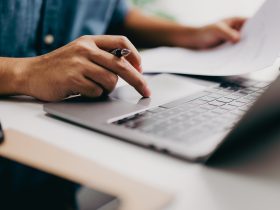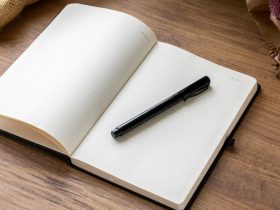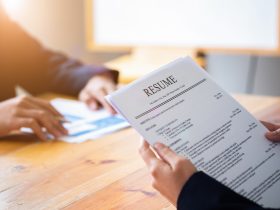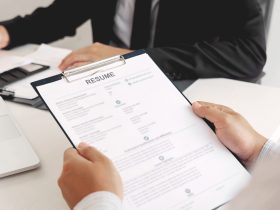The Importance of Job Interview Attire Guidelines
Before you even utter the first word in a job interview, your appearance speaks volumes about professionalism, attention to detail, and respect for the company and position you’re applying for. Adhering to interview attire guidelines is not about conforming to a rigid dress code; it’s about showing understanding and respect for the context of the situation.
Decoding interview attire in different fields has varying expectations for attire. A creative startup might have a more relaxed dress code than a financial institution. Clothing should align with the company’s values while maintaining a polished and professional appearance.
Decoding Interview Dressing Standards
The attire worn at the interview should reflect professionalism and attention to detail. Paying attention to interview dressing standards is advantageous during the interview. Here’s a breakdown of what to consider when selecting your attire:
- Classic Business Attire: In most industries, classic business attire is a safe choice. This outfit can consist of a well-fitting suit in dark colors. A personalized blazer, trouser suit, or skirt is essential for this combination.
- Suitable Shoes: Shoes are the piece that completes the dresser. Wear clean shoes. Men can wear leather shoes; women can choose closed-toe heels or a flat model. Ensure your footwear is comfortable, as you might walk around the office during the job interview.
- Grooming Matters: Personal grooming is as important as the clothes you wear. Ensure your hair is neat and well-groomed, and you can cut it if needed. Keep makeup and accessories understated and professional. For men, a clean-shaven face or well-groomed beard is essential.
Navigating Dress Codes in Different Industries
Each industry has its own set of norms regarding job interview attire. Understanding these distinctions can give you a competitive edge in making the right first impression.
- Corporate Settings: In corporate environments, conservative attire is often expected. Stick to classic business suits, modest blouses, and minimalistic accessories. Avoid flashy colors or patterns that might distract from your qualifications.
- Creative Fields: If you’re interviewing for a role in a creative industry, such as design or marketing, you have more flexibility in your attire. While you should still appear polished, incorporating some unique touches into your outfit can showcase your creativity and personality.
- Tech and Startups: Tech companies and startups often have a more casual dress code. However, even in these environments, it’s wise to err on the side of slightly overdressed for an interview.
The Power of Accessories and Details
Dressing for interview success can be challenging at times. Learning the necessary details makes it easy to choose. Paying attention to the little details makes you look interview-appropriate.
- Accessorizing for Success: Accessories can elevate your job interview outfit, but using them judiciously is essential. A tasteful wristwatch, a simple necklace, or a subtle tie clip can convey attention to detail without overpowering your look. Avoid excessive or distracting jewelry and accessories.
- Fit and Fabric: Ill-fitting clothing can undermine your overall appearance, no matter how stylish your outfit is. Choosing fitted clothes helps provide a professional look. Additionally, select fabrics that resist wrinkling to maintain a crisp look throughout the interview.
Dressing for Interview Success: Final Tips
Dressing for interviews is essential for the first impression. Looking neat is among the details required for the application to be considered. The points to be considered when choosing clothes for the interview are listed as follows:
- Plan Ahead: Wait to select your interview outfit. Plan your attire a day or two in advance, allowing time for any necessary alterations or cleaning.
- Confidence Boost: When you’re dressed appropriately for an interview, you’ll naturally feel more confident. Your attire should empower you, not distract you.
- Dress for the Role: It is advantageous if the selected outfit is suitable for the interviewed company. If you’re interviewing for a management position, dress slightly more formally than if you’re interviewing for an entry-level role.
- First Impressions Count: Your attire is vital to that initial impact.
Decoding the interview dress code is about understanding the expectations of the company, industry, and role you’re applying for while staying true to your style. The professional and clean appearance of the interview attire reflects respect. Following these job interview dress code tips and guidelines will set the stage for interview success and leave a lasting impression on your potential employer.









